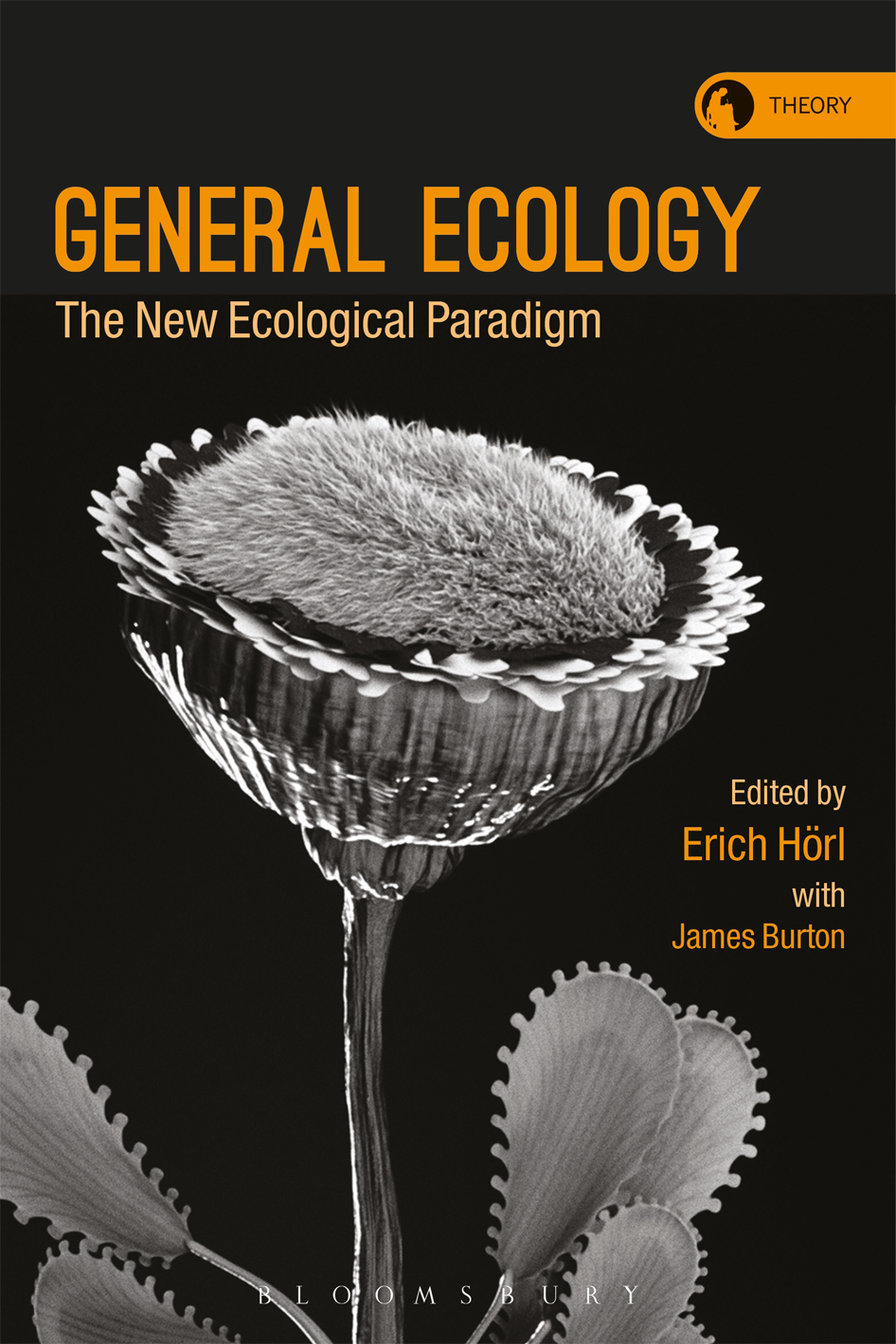Eglė Rindzevičiūtė: The Power of Systems: How Policy Sciences Opened Up the Cold War World (2016)
Filed under book | Tags: · biosphere, cold war, computing, cybernetics, environment, governmentality, history of science, networks, politics, secrecy, soviet union, systems science, systems theory

“In The Power of Systems, Eglė Rindzevičiūtė introduces readers to one of the best-kept secrets of the Cold War: the International Institute of Applied Systems Analysis (IIASA), an international think tank established by the U.S. and Soviet governments to advance scientific collaboration. From 1972 until the late 1980s IIASA in Austria was one of the very few permanent platforms where policy scientists from both sides of the Cold War divide could work together to articulate and solve world problems. This think tank was a rare zone of freedom, communication, and negotiation, where leading Soviet scientists could try out their innovative ideas, benefit from access to Western literature, and develop social networks, thus paving the way for some of the key science and policy breakthroughs of the twentieth century.
Ambitious diplomatic, scientific, and organizational strategies were employed to make this arena for cooperation work for global change. Under the umbrella of the systems approach, East-West scientists co-produced computer simulations of the long-term world future and the anthropogenic impact on the environment, using global modeling to explore the possible effects of climate change and nuclear winter. Their concern with global issues also became a vehicle for transformation inside the Soviet Union. The book shows how computer modeling, cybernetics, and the systems approach challenged Soviet governance by undermining the linear notions of control on which Soviet governance was based and creating new objects and techniques of government.”
Publisher Cornell University Press, Ithaca, NY, 2016
Creative Commons BY-NC-ND 4.0 International License
ISBN 9781501703188, 1501703188
xi+292 pages
Reviews: Roundtable: Barbara Czarniawska, Jenny Andersson, Claudia Aradau, Paul Rubinson, author’s response (H-Diplo, 2019), Kristine C. Harper (Isis, 2018), Benjamin Peters (Slavic Review, 2019), Gerald Easter (American Historical Review, 2018), Jeanne Morefield (J History of Ideas, 2020), Laurent Coumel (Cahiers du monde russe, 2018, FR), Una Bergmane (Lithuanian Historical Studies, 2018), Christian Dayé (Serendipities, 2018).
PDF (19 MB)
Comment (0)Liss C. Werner (ed.): Cybernetics: State of the Art (2017)
Filed under book | Tags: · architecture, city, cybernetics, design, systems theory, theory, urban design, urbanism

“Driven by cybernetic thinking, this book engages with pressing questions for architecture, urban planning, design and automated infrastructure; in an age of increasing connectivity, AI and robotization and an evolutionary state of the Anthropocene – perpetuating angst-ridden anxiety as well as excitement and joy of a future, that we will be able to predict with less and less certainty. The book discusses cybernetic principles and devices developed in the late 20th century – mainly developed by Ross Ashby and Gordon Pask (second-order cybernetics), to learn from for a future of mutual relationship and conversation between man and machine.
The anthology reviews and previews cybernetics as design strategy in computational architecture, urban design and socio-ecological habitats – natural and artificial. It weaves together cybernetic-architectural theories with applications and case studies ranging from regional planning to the smart home.
Nine chapters written by an international group of authors are structured into two complimenting parts. While ‘A Concept and a Shape’ focuses on the history and theory of cybernetics, its temporary disappearance and future impact (Raúl Espejo, Michael Hohl, Paul Pangaro, Liss C. Werner), ‘System 5’ – relating to Stafford Beer’s project ‘Cybersyn’ – discusses applications, the role of the individual and human feedback; also with a strong theoretical underpinning (Raoul Bunschoten, Delfina Fantini van Ditmar, Timothy Jachna, Arun Jain, Kristian Kloeckl).”
With foreword by Omar Khan
Publisher Universitätsverlag der TU Berlin, Berlin, Nov 2017
Con-versations series, 1
Creative Commons BY 4.0 International License
ISBN 9783798329539
xxvii+173 pages
Erich Hörl, James Burton (eds.): General Ecology: The New Ecological Paradigm (2017)
Filed under book | Tags: · affect, anthropocene, biopolitics, capitalism, cybernetics, ecology, general ecology, life, nature, philosophy, systems theory, theory

“Ecology has become one of the most urgent and lively fields in both the humanities and sciences. In a dramatic widening of scope beyond its original concern with the coexistence of living organisms within a natural environment, it is now recognized that there are ecologies of mind, information, sensation, perception, power, participation, media, behavior, belonging, values, the social, the political… a thousand ecologies. This proliferation is not simply a metaphorical extension of the figurative potential of natural ecology: rather, it reflects the thoroughgoing imbrication of natural and technological elements in the constitution of the contemporary environments we inhabit, the rise of a cybernetic natural state, with its corresponding mode of power. Hence this ecology of ecologies initiates and demands that we go beyond the specificity of any particular ecology: a general thinking of ecology which may also constitute an ecological transformation of thought itself is required.
In this ambitious and radical new volume of writings, some of the most exciting contemporary thinkers in the field take on the task of revealing and theorizing the extent of the ecologization of existence as the effect of our contemporary sociotechnological condition: together, they bring out the complexity and urgency of the challenge of ecological thought-one we cannot avoid if we want to ask and indeed have a chance of affecting what forms of life, agency, modes of existence, human or otherwise, will participate-and how-in this planet’s future.”
With texts by Erich Hörl, Luciana Parisi, Frédéric Neyrat, Bernard Stiegler, Didier Debaise, Jussi Parikka, Bruce Clarke, Cary Wolfe, David Wills, James Burton, Elena Esposito, Timothy Morton, Matthew Fuller and Olga Goriunova, and Brian Massumi.
Publisher Bloomsbury Academic, London/New York, 2017
ISBN 9781350014695, 1350014699
xv+384 pages

